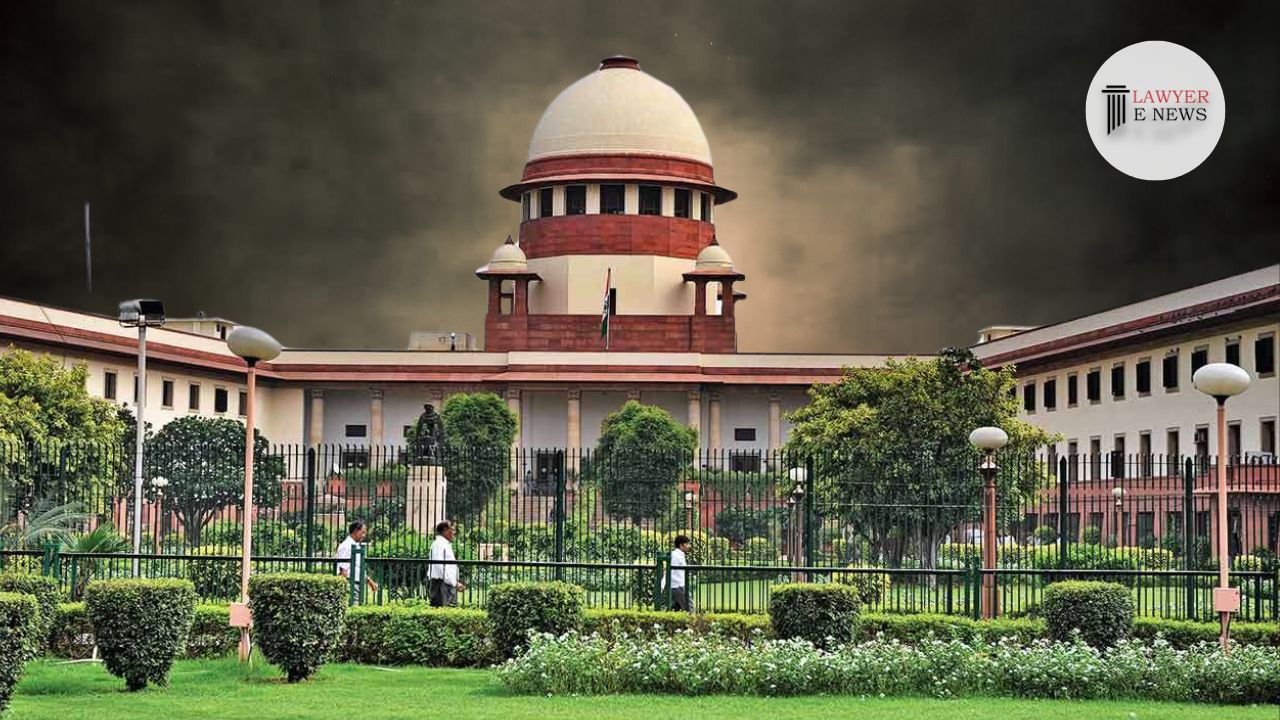-
by sayum
14 February 2026 2:22 PM



In a recent order, the Supreme Court of India issued a stern warning against the abuse and misuse of legal proceedings. The bench, comprised of Hon'ble Mr. Justice Vikram Nath and Hon'ble Mr. Justice Rajesh Bindal, dismissed three petitions filed by the same petitioner, imposing costs of Rs. 3 Lakhs to be deposited with the Gujarat High Court Advocates Association for welfare activities.
"We are thus of the view that such abuse and misuse of the process of law require to be dealt with firmly," observed the bench, sending a strong message against frivolous litigations and unwarranted delays in trial proceedings.
The petitioner, an accused in a case dating back to 1996 under the Narcotic Drugs and Psychotropic Substances Act, 1985, and the Indian Penal Code, 1860, was found to have delayed the trial for about 25-26 years. The judgment noted that the petitioner filed multiple petitions, not only before the High Court but also the Supreme Court, to "somehow or the other stall the trial."
The Court remarked that both the Trial Court and the High Court had exercised due judicial discretion in rejecting meritless interlocutory applications filed by the petitioner. "We do not find any infirmity in the orders passed by the High Court," stated the bench.
The Court also made it clear that the cost imposition was a step toward curbing such abuses. "Accordingly, we dismiss all the three petitions with cost of Rs.1 Lakh each i.e. total of Rs.3 Lakhs to be deposited within four weeks from today," the bench added.
Legal experts see this as a landmark judgment that could act as a deterrent against the misuse of judicial resources and incessant delays in court proceedings. The decision is also viewed as a push towards judicial efficiency and a fair trial within a reasonable timeframe.
The case had garnered attention due to its prolonged history and the Court's final decision is seen as upholding the sanctity of the judicial process in India.
Date of Decision: 03-10-2023
SANJIV KUMAR RAJENDRABHAI BHATT vs THE STATE OF GUJARAT
